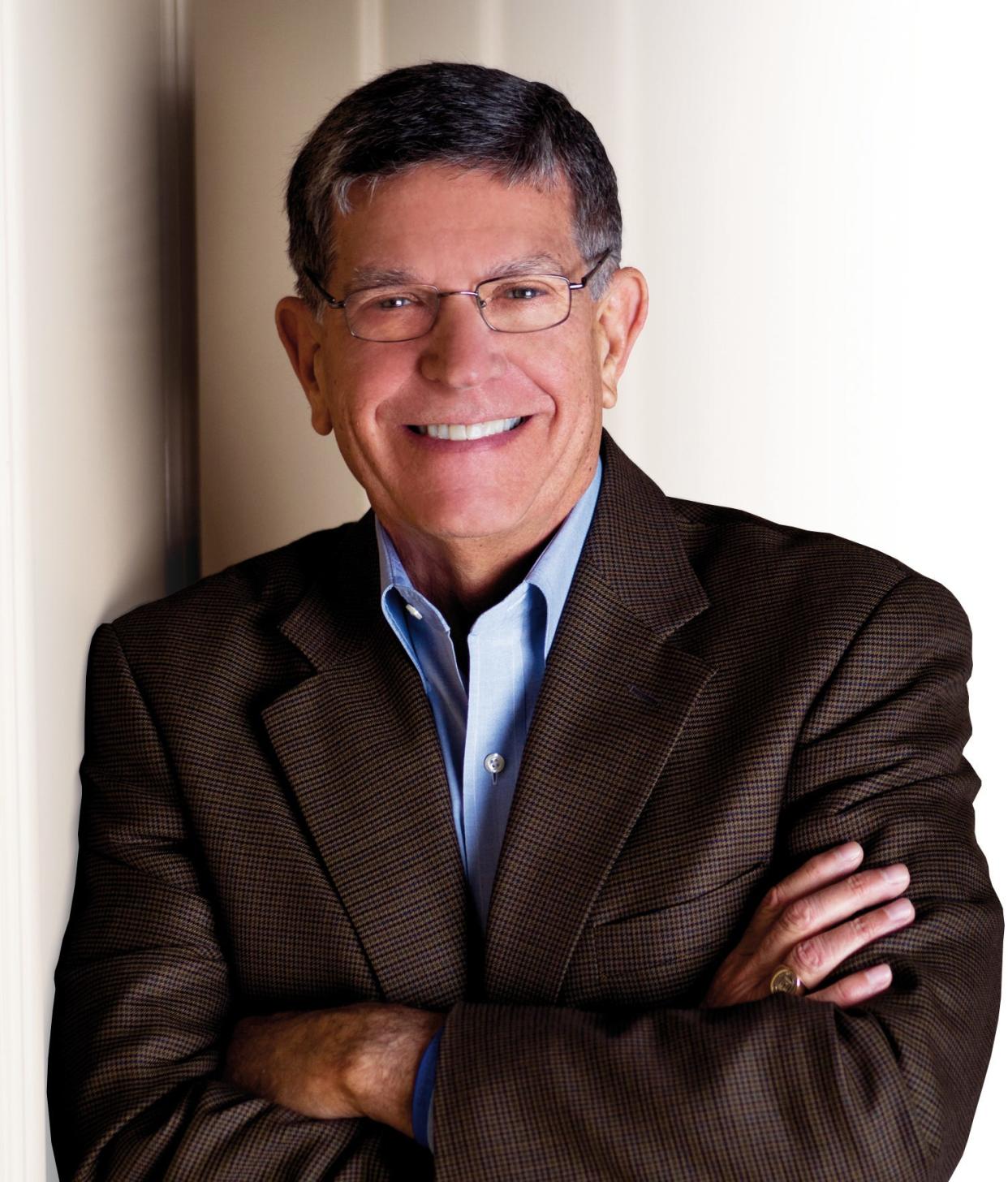YOUR TURN: Missing fathers impact all of us

“Of all the rocks upon which we build our lives, we are reminded today that family is the most important. And we are called to recognize and honor how critical every father is to that foundation. They are teachers and coaches. They are mentors and role models. They are examples of success and the men who constantly push us toward it. But if we are honest with ourselves, we’ll admit that what too many fathers also are, is missing — missing from too many lives and too many homes. They have abandoned their responsibilities, acting like boys instead of men. And the foundations of our families are weaker because of it.” (President Barrack Obama, Father’s Day speech, 2015.)
In Cook County, Illinois, where these words were spoken, just 25% of African American children are growing up in homes with two biological parents. These children and others who are born and raised in single-parent homes are profoundly disadvantaged socially, economically and emotionally.
In her book, The Two-Parent Privilege, MIT-trained economist, and Harvard professor Melissa S. Kearney details the depth of the long and destructive path we have witnessed over the past 70 years in the deterioration of American families. Families today look different than when I was a child. My father, whose birthday is today, April 10, was tall and accomplished and genuinely a good man. For my brothers, my sister and me, his presence in our lives was both an anchor and a guide.
The detrimental impact of growing up in a home without a father is shared by boys and girls, but it is far more detrimental for boys. Having a father in the home provides boys with a role model to pattern their behavior. A father can teach discipline, the missing ingredient in most boys' lives. A father can also show by the activities of his daily life how boys are supposed to grow into men. But a father who is missing cannot impact the lives of their children, boys or girls.
Boys raised without fathers are twice as likely as girls from single-parent homes to be suspended from school and four times as likely as boys who live in a home with two biological parents. Boys living in these circumstances are unlikely to attend college. Many do not graduate from high school. Their job prospects are limited. Alcohol and drug abuse are often prevalent in their lives. They are more likely to end up in the criminal justice system and in prison than children raised in homes with two parents. They are unlikely to marry, and thus the cycle continues.
When I was in Vietnam, we seldom made night patrols. No darkness is darker than night in triple canopy jungle. On the few occasions when we needed to move at night, we discovered a small plant or fern that was phosphorescent, mildly glowing in the dark. Attaching it to the back of the helmet of the man in front of us provided a tiny green light that could be followed even in the complete darkness of the jungle.
My father was that light for me. He led me along a path in life that showed what it means to be a good man, a faithful husband and a devoted father. Too many children have no one to guide them through this growing darkness that has engulfed America. Over five million children live in single parent homes, mostly with mothers who lack the financial and emotional resources of a committed spouse. Many of these children are struggling.
The problem is enormous and complex. Solving it will require resources greater than any one of us can muster. I believe it will ultimately require a spiritual awakening that spreads across our country and into the hearts of all of us. But until that happens, you can help. I can help. Find a young child who needs an adult in their lives. If you are a man, find a young boy. Offer him your most important asset, your time. Be a presence in his life. You cannot replace his father, but you can be like that tiny green light we followed in the jungle. If you help one and I help one and we all help one, we might make a difference. Missing fathers impact all of us. We cannot do all that is needed, but we can do something. Will you try? I will.
Michael K. McMahan is a resident of Gastonia, NC. You can reach him at mkmgcp@gmail.com
This article originally appeared on The Gaston Gazette: YOUR TURN: Missing fathers impact all of us

